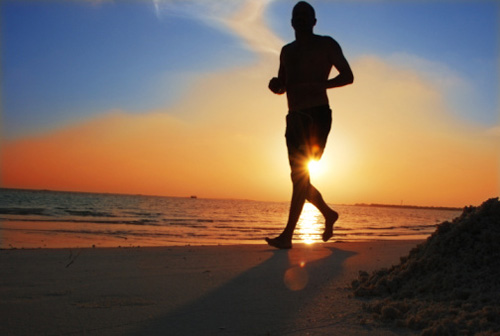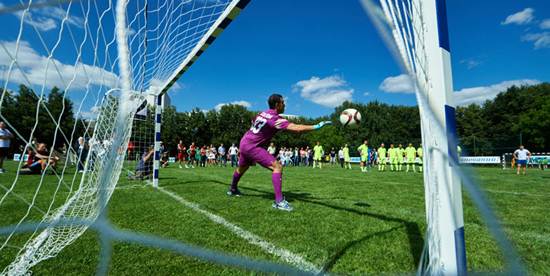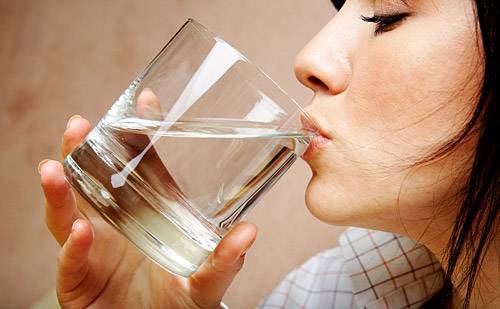
Are you determined to start exercising again, but worried about the risks?
The French Federation of Cardiologists has issued recommendations for people of all ages and all levels of fitness that shed light on some common myths about getting back to an exercise regimen.
Before resuming a sport, you should have a medical check-up and an effort test.
True. Preferably you should get a comprehensive check-up before resuming sporting activity.
However, this recommendation is not quite as important for people aged under 40 with no history of cardiovascular illness as it is for men aged over 45 and women aged over 50, for whom this step is essential.

I can still exercise if I have a fever.
False : If you are running a temperature, you should stay home and rest.
You should also refrain from exercise for a week after recovering from a flu virus.
It’s important to hydrate during an exercise session.

True: You should stop to drink water at least once every 30 minutes during an exercise session.
Three or four mouthfuls of water at a time is enough to efficiently hydrate the body and to prevent sore muscles.
Smoking before or after physical effort is no more harmful than at other times.
False.: Obviously, you shouldn’t smoke if you want to stay in good health.
But it is even more important to avoid smoking for two hours both before and after sports or training sessions.
It’s normal to be short of breath when playing sports.
True and false: When your heartbeat speeds up, it is normal to feel out of breath, which is why we tend to breathe more deeply when exercising.
However, an exceptional shortness of breath at any time is a real cause for concern and should be checked out, as should chest pain or palpitations.
Normal heart rate during intense exercise should not exceed 220 beats per minute. – AFP Relaxnews

Leave a Reply